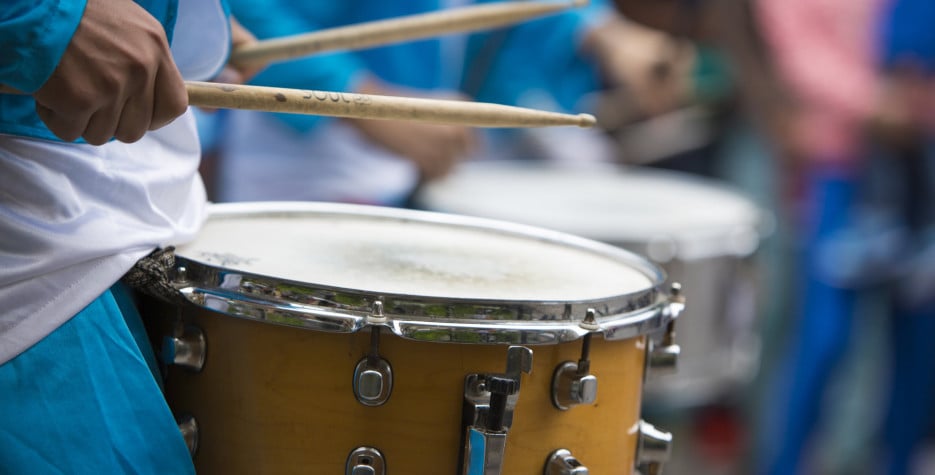When is the Carnival in Argentina?
The Carnival is an annual festival in Argentina held on the days before Ash Wednesday.
The festival marks the start of Lent and in Argentina, the Monday (Lunes de Carnival) and Tuesday (Martes de Carnival) are national holidays.
Traditions of the Carnival in Argentina
The festival of Carnival is similar to the Brazilian Carnival, in that it was brought to the new world by European settlers in the seventeenth century. In the case of Argentina, the Spanish tradition was imported whereas, in Brazil, it was introduced by the Portuguese. In both cases, carnival traditions have been heavily influenced by African traditions. Before the rise of the South American carnival tradition, Italy was the home of the carnival, with the Venice carnival being the largest in the world.
The most extravagant carnival celebrations happen in Gualeguaychú, where parades continue at weekends from January through to March. Carnival celebrations in the northern part of Argentina remain more popular than the south and this may actually have to do with the Christian tradition of Carnival coinciding with an older, local harvest festival.
The tincunaco ceremony is a Carnival tradition is parts of Argentina. Held on the Thursday before Ash Wednesday, tincunaco celebrates the relationship between a mother and her child's grandmother.
Mothers and grandmothers are gathered in two lines, mothers on one side and grandmothers on the other. The two lines come together under an arch made of willow branches decorated with sweets, fruit, cheese, blossoms and lanterns. when the groups meet, they exchange a doll made from candy by touching each other's forehead. This is said to unite the women in a sacred bond.
During the 40 days before Easter, Roman Catholics are supposed to abstain from all bodily pleasures, including the consumption of meat. This is intended to remember the fasting of Jesus, who spent 40 days in the desert before beginning his ministry. For more information on the background to this tradition, read our articles on Lent and Carnival in Brazil.


